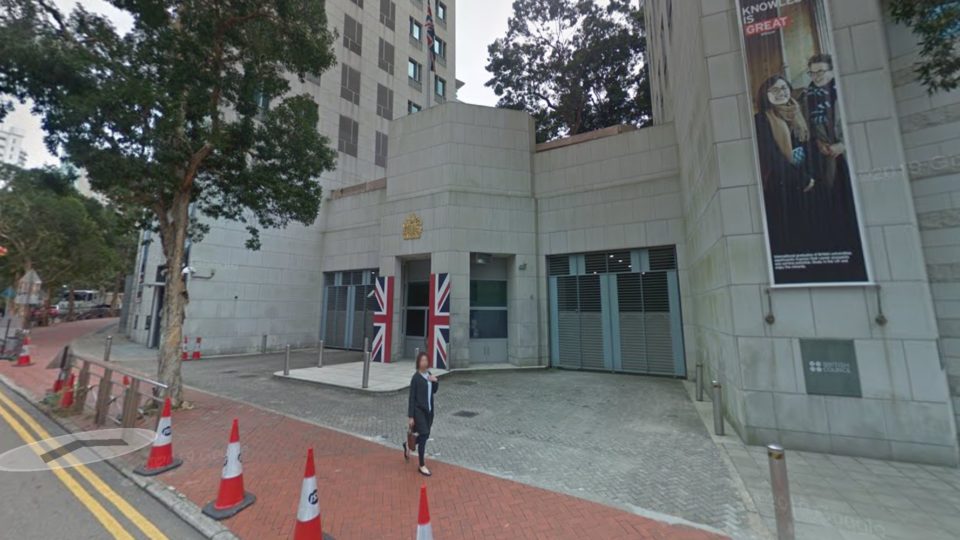Added their voices to those of other foreign governments, Britain and Canada raised concerns Thursday that expatriates living and working in Hong Kong could face extradition to mainland China under a controversial proposed extradition law, risking a chill on commerce.
Hong Kong’s pro-Beijing authorities are pushing a bill through the legislature that would allow extraditions to any jurisdiction with which it doesn’t already have a treaty — including, for the first time since the handover, mainland China.
Historically, the semi-autonomous city has balked at mainland extraditions because of the opacity of China’s criminal justice system and its liberal use of the death penalty.
“We are concerned about the potential effect of these proposals on the large number of Canadian and UK citizens in Hong Kong, on business confidence and on Hong Kong’s international reputation,” Britain and Canada said in a joint statement.
“Furthermore, we believe that there is a risk that the proposals could impact negatively on the rights and freedoms set down in the Sino-British Joint Declaration.
“It is vital that extradition arrangements in Hong Kong are in line with ‘one country, two systems’ and fully respect Hong Kong’s high degree of autonomy.”
The US and EU have already expressed their misgivings over the law, and at a closed-door meeting between lawmakers and some 30 foreign envoys, more than a dozen reportedly expressed concerns over the bill.
Taiwan, whom the government says is the intended beneficiary of the law, is currently seeking the return of a murder suspect from Hong Kong, but has gone so far as to state that if the controversial bill passes, they will drop their request.
Meanwhile, an unlikely coalition of businesspeople, pro-democracy activists, lawyers, judges, clergy, students, and journalists have all heaped criticism on the bill, which many fear will subject Hongkongers and foreign residents to mistreatment at the hands of the mainland’s notorious legal system.
The bill is so unpopular that Hong Kong Chief Executive Carrie Lam faced a vote of no confidence in the city’s Legislative Council on Wednesday, though she survived the challenge comfortably with the support of the body’s pro-Beijing majority, HKFP reports.
In fact, the opposition to the bill has been so comprehensive that the city’s security chief on Thursday unveiled a series of tweaks to the proposed law in hopes of placating critics, including saying only those wanted for crimes facing at least a seven-year jail sentence would be handed over.
John Lee told a press conference Thursday that rather than allowing extraditions for crimes which carry a maximum three years of imprisonment, the threshold will be raised to at least seven.
Lee said also that the government will only consider extradition requests from other countries made through their top authority.
For mainland China, this meant the request would have to come from the Supreme People’s Procuratorate — the top agency for prosecution and investigation.
He also said amendments will be made to ensure that defendants have an open trial, access to lawyers, be free from forced confession, enjoy the right to appeal, and be given time to prepare a proper defense.
It is not the first concession the government has made on the bill. In March it agreed to remove nine economic crimes from a total of 46 on the proposed extradition bill after pressure from the local business sector. Economic crimes are often used by China to pursue critics.
While the government hoped those amendments would make the bill more palatable, critics said the removal of economic crimes clearly showed even the Hong Kong government did not fully trust China’s legal system.
NOTE: This story has been updated to include information on proposed changes to the extradition bill.




